Nutrition Unit of Mercy Women’s Catholic Hospital Celebrates World Nutrition Day in Grand Style
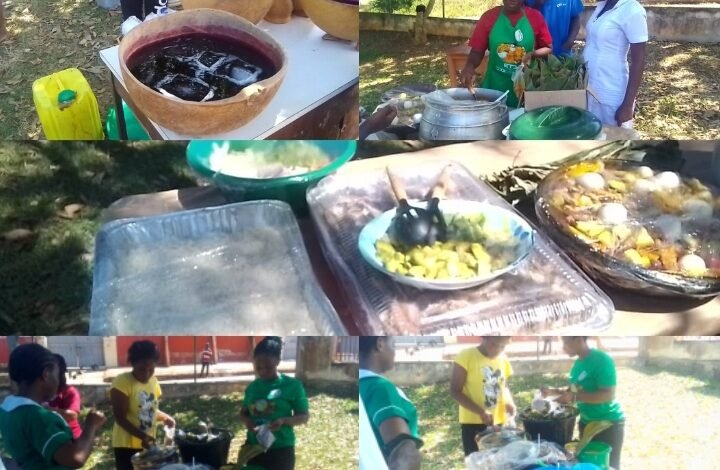
As the global community observed World Nutrition Day, the Nutrition Unit of Mercy Women’s Catholic Hospital—affectionately known in the community as Roman Hospital—marked the occasion with an exciting and impactful event under the theme: “Cook Your Own Meal”.
The event, held at the hospital’s premises at Mankessim in the Central Region, brought together a diverse mix of participants including patients, caregivers, students, traders, health professionals, traditional leaders and media among others. It was designed not only to raise awareness but also to empower people to make healthier food choices using local ingredients.
The celebration featured a lineup of interactive activities, including live cooking demonstrations, nutrition workshops, dietary screenings, and food exhibitions. At the heart of the programme was the “Cook Your Own Meal” initiative, which invited participants to prepare their own nutritious dishes under the guidance of professional dieticians and nutritionists.
Mary Achiakwao Tetteh, a dietician at Mercy Women’s Catholic Hospital, delivered the keynote address, emphasizing the need for a return to wholesome, locally sourced meals. She highlighted the broader societal implications of good nutrition, particularly its benefits for maternal and child health, disease prevention, and economic productivity.
“Good nutrition is key to productivity and is a vital tool in breaking the cycle of poverty and hunger,” she said. “When we nourish our bodies with the right foods—especially our local ones—we build stronger families and a healthier nation.”
Ms. Tetteh encouraged Ghanaians to reduce their reliance on processed foods and embrace traditional meals rich in natural nutrients. She emphasized that many of the answers to Ghana’s nutritional challenges lie in local produce.
“Our local foods such as kontomire, dawadawa, millet, and garden eggs and others are powerhouses of nutrients. These are foods our bodies recognize and respond to best,” she added.
In her engagement with the NewsAfricaGhana’s Nana Essandoh (Nanka), Ms. Tetteh also drew attention to the growing threat of malnutrition in both children and adults across Ghana and other low- and middle-income countries (LMICs). She noted that malnutrition today exists in many forms—including undernutrition, micronutrient deficiencies, and obesity—posing a serious public health challenge.
“It’s alarming to see young children being stunted while adults suffer from high blood pressure and diabetes. This dual burden is real, and it starts with what’s on our plates.”
To drive the message home, hospital staff prepared and shared a variety of nutritious local meals with attendees, including fufu, ampesi, etɔ, apreprensa, and other traditional Ghanaian dishes. These meals were offered free of charge, giving participants a firsthand experience of how affordable and accessible healthy eating can be.
Mercy Women’s Catholic Hospital extended heartfelt appreciation to its sponsors and supporters, whose contributions ensured the success of the program. Their support provided the needed logistics, food supplies, and educational materials that helped make the celebration both impactful and enjoyable.
The Mankessim-based Hospital reaffirmed the its commitment to community health and education:
“This year’s World Nutrition Day has been a great success. We are proud to lead this campaign to promote healthy eating habits and empower our people with the knowledge to take control of their diets. We thank our partners, staff, and community members who made this day memorable,” Lydia Amanda Kanga, Nutritionist stressed.
As part of its broader vision, the department announced plans to roll out community-based nutrition outreach programs in the coming months. These initiatives will target schools, markets, and faith-based groups to further promote nutrition literacy and sustainable dietary habits.
The message from this year’s celebration was clear: Good nutrition begins at home—and it starts with what we choose to cook and eat every day.
See other photos below:
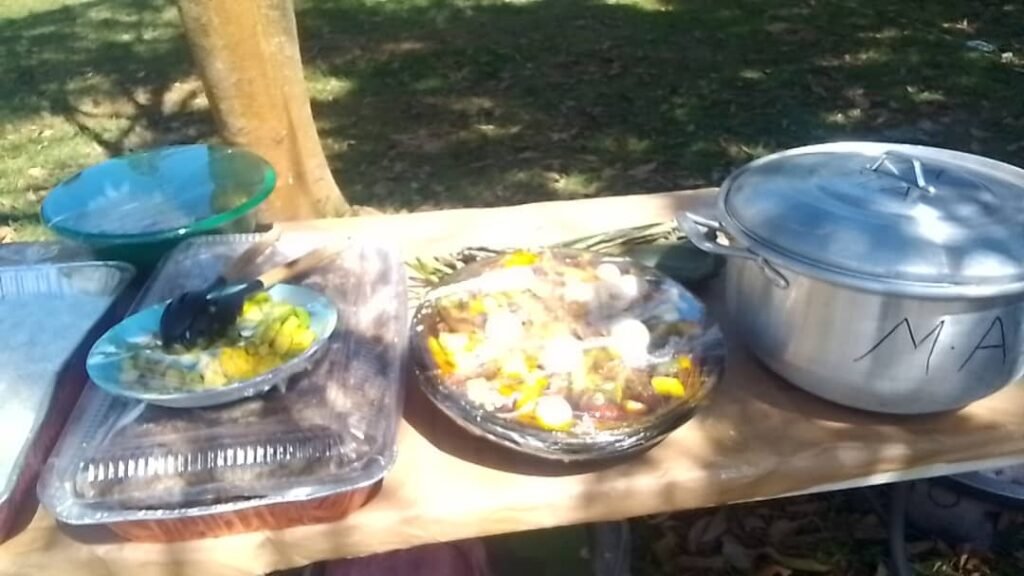

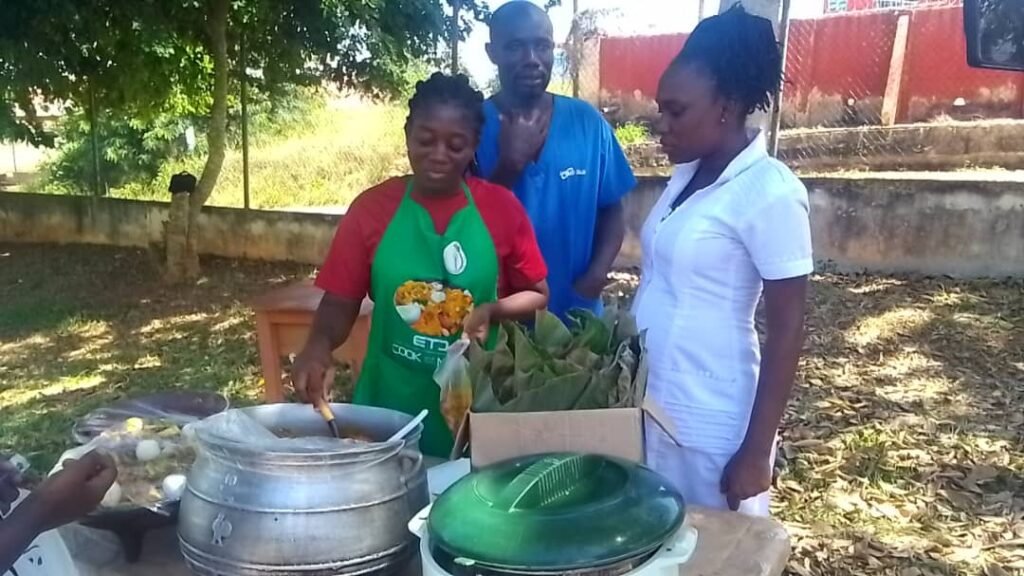
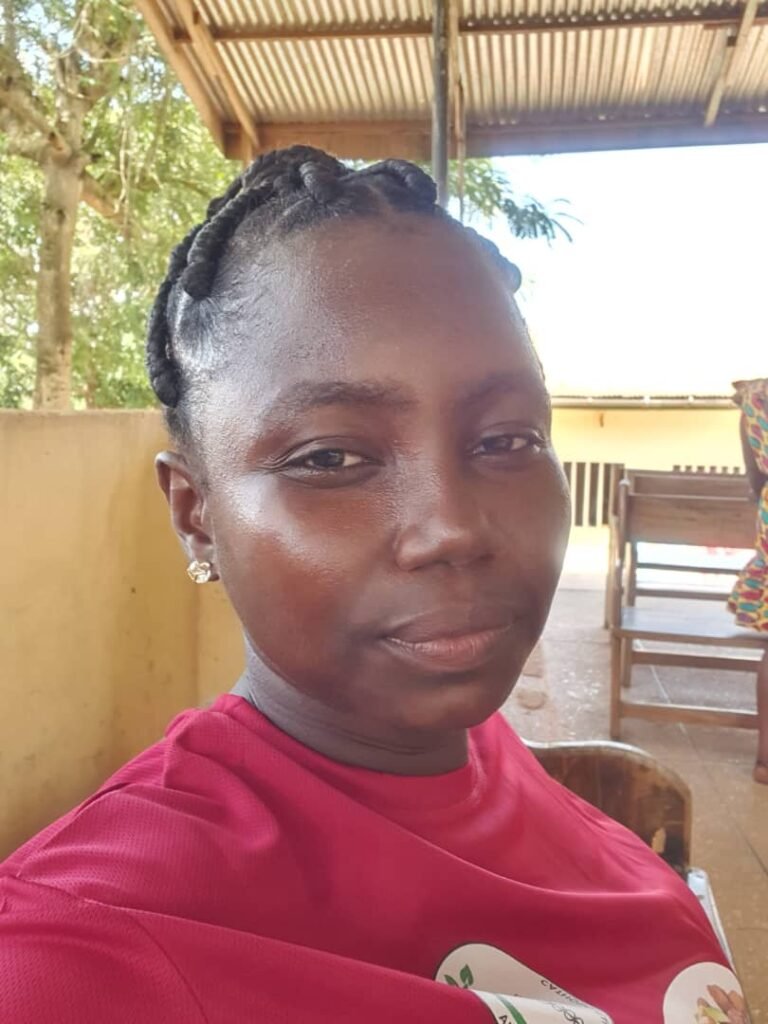




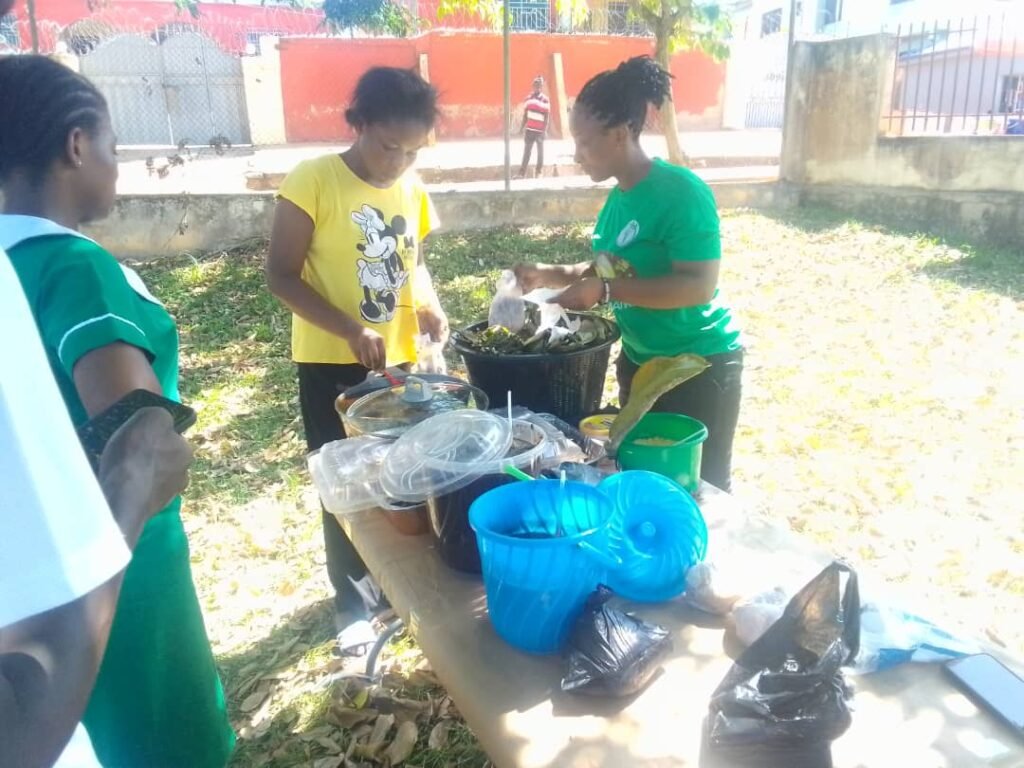



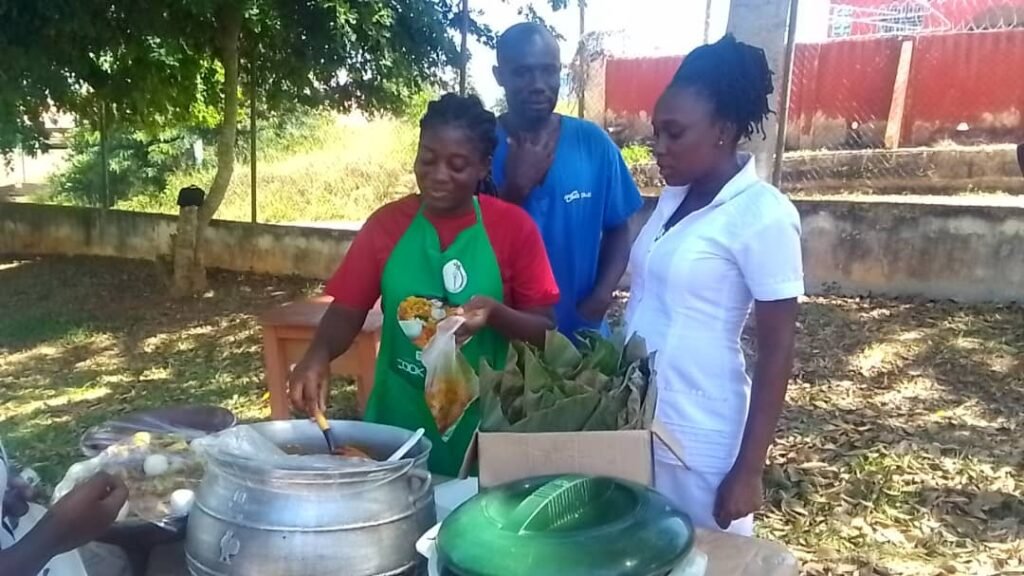
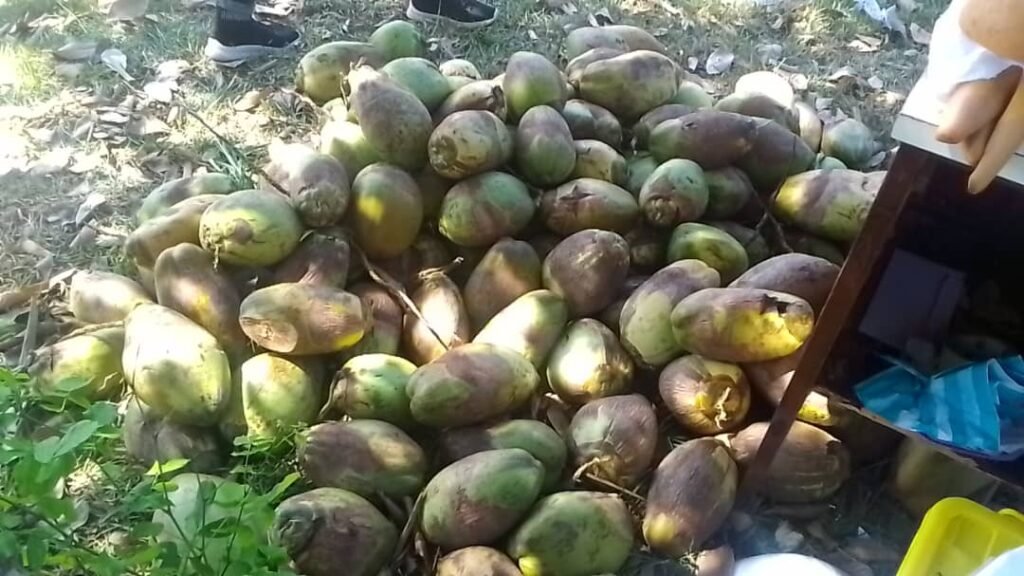
Source: NewsAfricaGhana.com




